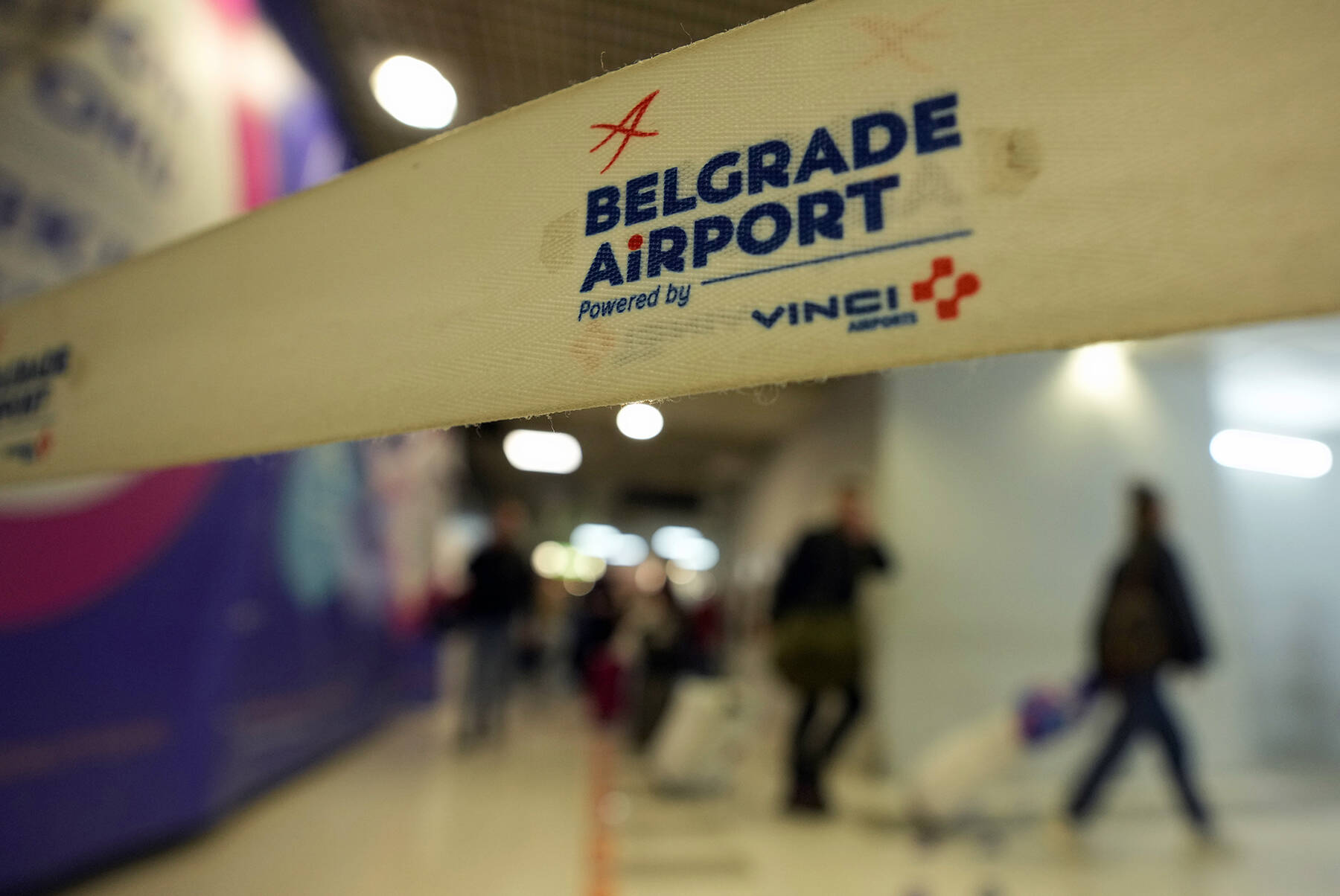Large numbers of Russians rushed to book one-way tickets out of the country while they still could Wednesday after Russian President Vladimir Putin announced a partial mobilization of military reservists for the war in Ukraine.
Flights filled up quickly and the prices of tickets for remaining connections sky-rocketed, apparently driven by fears that Russia’s borders could soon close or of a broader call-up that might send many Russian men of fighting age to the war’s front lines.
Tickets for the Moscow-Belgrade flights operated by Air Serbia, the only European carrier besides Turkish Airlines to maintain flights to Russia despite a European Union flight embargo, sold out for the next several days. The price for flights from Moscow to Istanbul or Dubai increased within minutes before jumping again, reaching as high as 9,200 euros ($9,119) for a one-way economy class fare.
Putin’s decree stipulates that the amount of people called to active duty will be determined by the Defense Ministry. Defense Minister Sergei Shoigu said in a televised interview that 300,000 reservists with relevant combat and service experience initially would be mobilized.
Russia has seen a marked exodus of citizens since Putin ordered his troops to invade Ukraine almost seven months ago. During the early morning address to the nation in which the president announced the partial mobilization of reservists, he also issued a veiled nuclear threat to Russia’s enemies in the West.
Reports of panic spreading among Russians soon flooded social networks. Anti-war groups said the limited airplane tickets out of Russia reached enormous prices due to high demand and swiftly became unavailable.
Some postings alleged people already had been turned back from Russia’s land border with Georgia and that the website of the state Russian railway company collapsed because too many people were checking for ways out of the country.
Social networks in Russian also surged with advice on how to avoid the mobilization or leave the country.
In an apparent attempt to calm the panic, the head of the defense committee of the lower house of Russia’s parliament, Andrei Kartapolov, said authorities would not place additional restrictions on reservists leaving Russia, according to Russian media reports.
A group based in Serbia, Russians, Belarussians, Ukrainians and Serbs Together Against War, tweeted that there were no available flights to Belgrade from Russia until mid-October. Flights to Turkey, Georgia or Armenia also sold out, according to the Belgrade-based group.
“All the Russians who wanted to go to war already went,” the group said. “No one else wants to go there!”
Serbia’s capital, Belgrade, has become a popular destination for Russians during the war. Up to 50,000 Russians have fled to Serbia since Russia invaded Ukraine and many opened businesses, especially in the IT sector.
Russians don’t need visas to enter Serbia, which is the only European country which has not joined Western sanctions against Russia for its aggression in Ukraine.
—Dusan Stojanovic, The Associated Press
RELATED: UN chief warns global leaders: The world is in ‘great peril’

